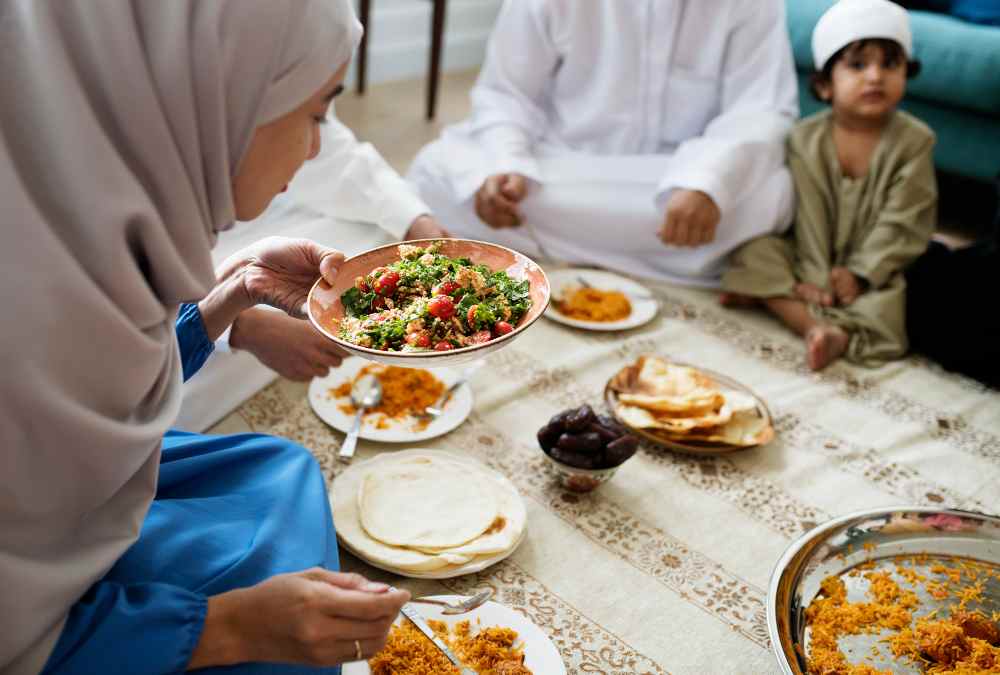
How Malaysia’s Halal Hub is Fueling the Economy and Job Market in 2025
Explore how Malaysia’s halal hub is contributing to national economic growth and job creation. Discover insights, stats, and key developments in the halal industry.
Malaysia isn’t just a country known for its vibrant culture and breathtaking landscapes—it’s also a global leader in the halal industry. Over the past decade, the Malaysian government has successfully positioned the country as a premier halal hub, creating ripple effects across various sectors of the economy. From agriculture and manufacturing to finance and tourism, the halal industry has become a cornerstone of economic resilience and job creation. But how exactly is Malaysia’s halal hub driving these changes? Let’s dive into the key impacts.
1. Malaysia’s Position as a Global Halal Leader
Malaysia isn’t new to the halal scene. The country has been working toward establishing a global halal hub since the early 2000s. Today, it’s reaping the benefits.
Malaysia is recognized globally for its rigorous halal certification system, managed by the Department of Islamic Development Malaysia (JAKIM). This certification is not only trusted locally but is also accepted by over 50 countries worldwide. That’s a big deal. It gives Malaysian halal products a competitive edge in the international market.
The Halal Industry Master Plan (HIMP 2030) serves as the national blueprint. It focuses on making Malaysia a top player by supporting innovation, infrastructure, and human capital in the halal ecosystem. As of 2025, the halal industry contributes more than RM150 billion to the national GDP and is projected to continue growing steadily.
Malaysia’s halal leadership is also driven by active participation in international forums, partnerships with global halal bodies, and continuous investments in halal parks and logistics. From food processing to cosmetics, pharmaceuticals, logistics, and even fintech, Malaysia is paving the way for a comprehensive halal economy.
2. Economic Impact of the Halal Industry
When we talk numbers, the economic significance becomes crystal clear. According to the Malaysian Investment Development Authority (MIDA), the halal industry accounts for 7.8% of Malaysia’s total GDP as of 2025, with ambitious targets to push this number even higher in the coming years.
What’s fueling this growth? For starters:
- Export of Halal Products: In 2024 alone, Malaysia exported over RM 59 billion worth of halal products, encompassing a range of products from food and beverages to cosmetics and pharmaceuticals.
- Foreign investment: Global companies are setting up shop in Malaysia, attracted by the credibility of JAKIM certification and access to ASEAN’s 600-million strong consumer base.
- Halal parks: There are now 14 halal-certified industrial parks across Malaysia offering incentives, infrastructure, and strategic location for both local and international players.
Beyond direct economic input, the halal industry contributes through indirect avenues like logistics, warehousing, branding, research and development (R&D), marketing, and more. Every segment touched by halal compliance requirements becomes a potential driver for revenue and innovation.
3. Job Creation Through the Halal Ecosystem
The halal industry isn’t just creating products—it’s making career paths. From agriculture to AI, the halal job market is diverse and expanding.
As of 2025, the halal sector supports over 350,000 direct jobs in Malaysia. This includes roles in:
- Food processing and packaging
- Quality assurance and auditing
- Halal logistics and supply chain
- Certification and compliance
- Halal tourism and hospitality
- Digital and fintech halal services
But that’s not all. The ecosystem also supports indirect employment in training institutions, marketing firms, legal and financial consultancies, and more.
Educational institutions like INHART (International Institute for Halal Research and Training) at IIUM and HDC’s Halal Academy are grooming a new generation of halal professionals equipped to tackle global demands.
Malaysia’s approach is unique because it’s not just about jobs—it’s about creating specialized careers within a value-based framework. This holistic employment model attracts not only Muslim professionals but also non-Muslim talent who are drawn to the stability and global relevance of halal industry roles.
4. Growth of Halal Startups and SMEs
One of the most exciting developments in Malaysia’s halal hub is the proliferation of startups and SMEs entering the halal space. These aren’t just traditional food vendors—think tech startups creating halal supply chain software, halal cosmetics companies innovating cruelty-free products, or digital platforms offering AI-driven halal compliance tools.
SMEs account for over 90% of businesses in Malaysia’s halal sector. The government has been instrumental in this growth, offering:
- Tax incentives
- Low-interest financing
- Export support programs
- Certification grants
Initiatives like SME Corp Malaysia’s Halal SME Directory and HDC’s Halal Integrated Platform (HIP) enable small businesses to be discovered, obtain halal certification, and connect with global buyers.
Not only do these SMEs provide employment, but they also foster local innovation, reduce dependency on imports, and ensure economic inclusivity, allowing micro-entrepreneurs, including women and rural communities, to participate meaningfully in the halal economy.
5. Halal Tourism and Its Contribution to the Service Industry
Another underrated yet powerful contributor is halal tourism—a niche segment that is rapidly growing. Malaysia was named the top Muslim-friendly travel destination in the Global Muslim Travel Index (GMTI) multiple years in a row. And for good reason.
Tourists flock to Malaysia for its:
- Halal-certified hotels and restaurants
- Muslim-friendly travel packages
- Prayer facilities in public areas
- Festivals like the Malaysia Halal Expo and Halal Fiesta
In 2024, Malaysia welcomed 6.1 million Muslim tourists, generating over RM 18 billion in tourism revenue. The tourism industry has adapted rapidly, hiring multilingual tour guides, Islamic finance experts, and Muslim travel influencers.
Halal tourism doesn’t just boost airlines and hotels—it’s a whole ecosystem. Think about souvenir shops, halal spas, modest fashion outlets, event planners, and digital booking platforms—all tuned into the needs of Muslim travelers.
And the best part? This isn’t just for Malaysians. The sector has become a soft power tool, enhancing Malaysia’s reputation globally while generating substantial revenue for the domestic economy.
